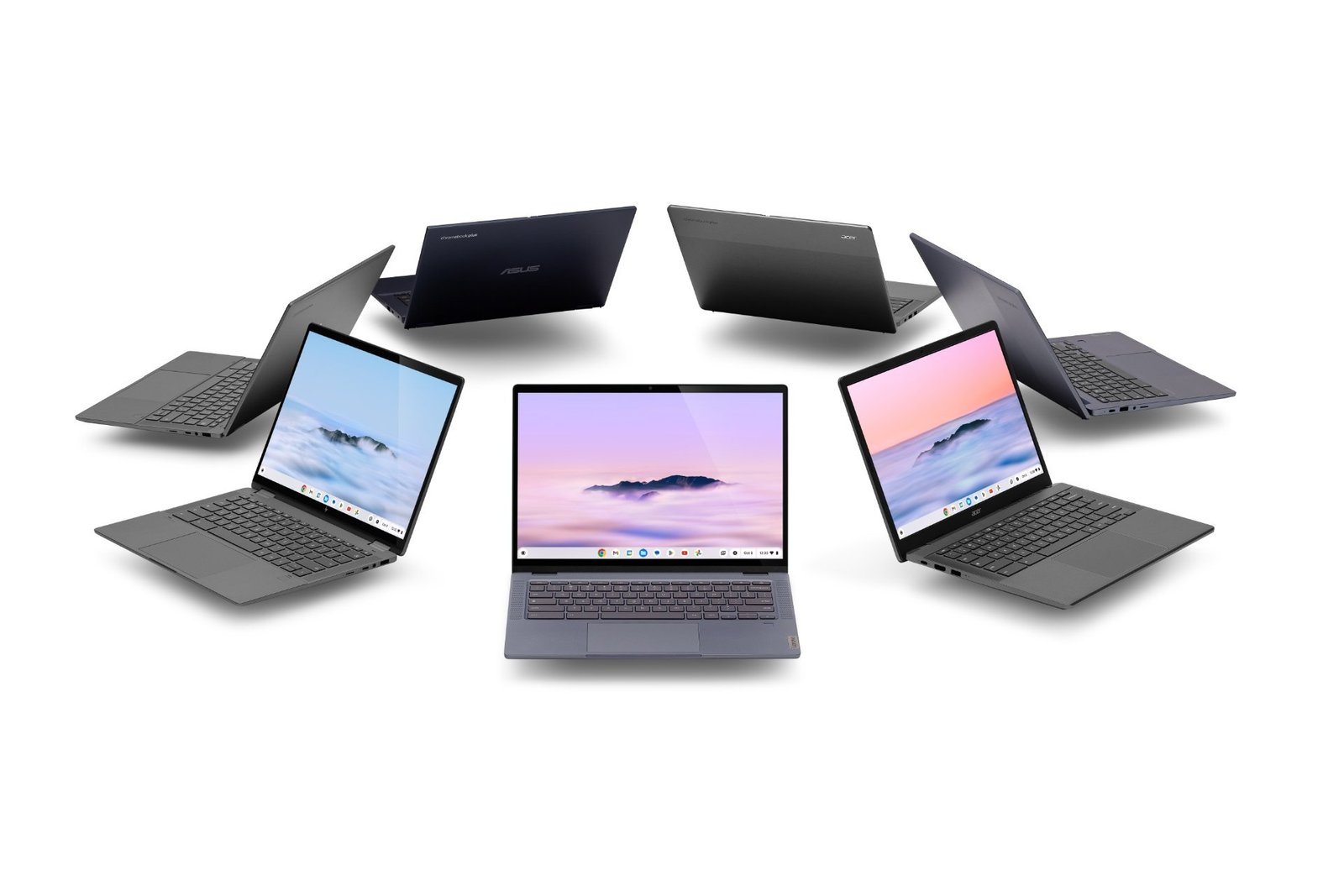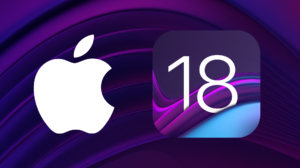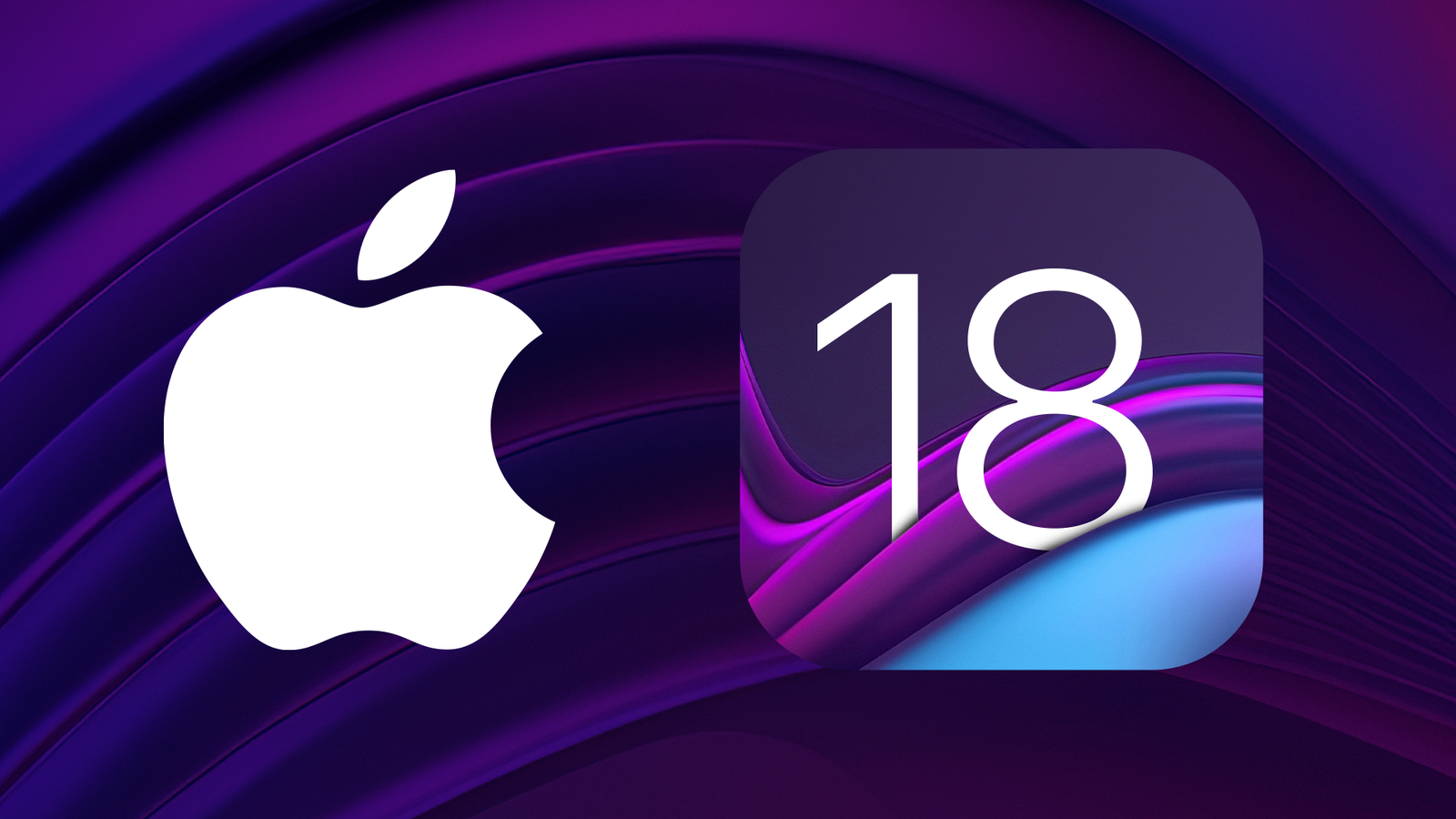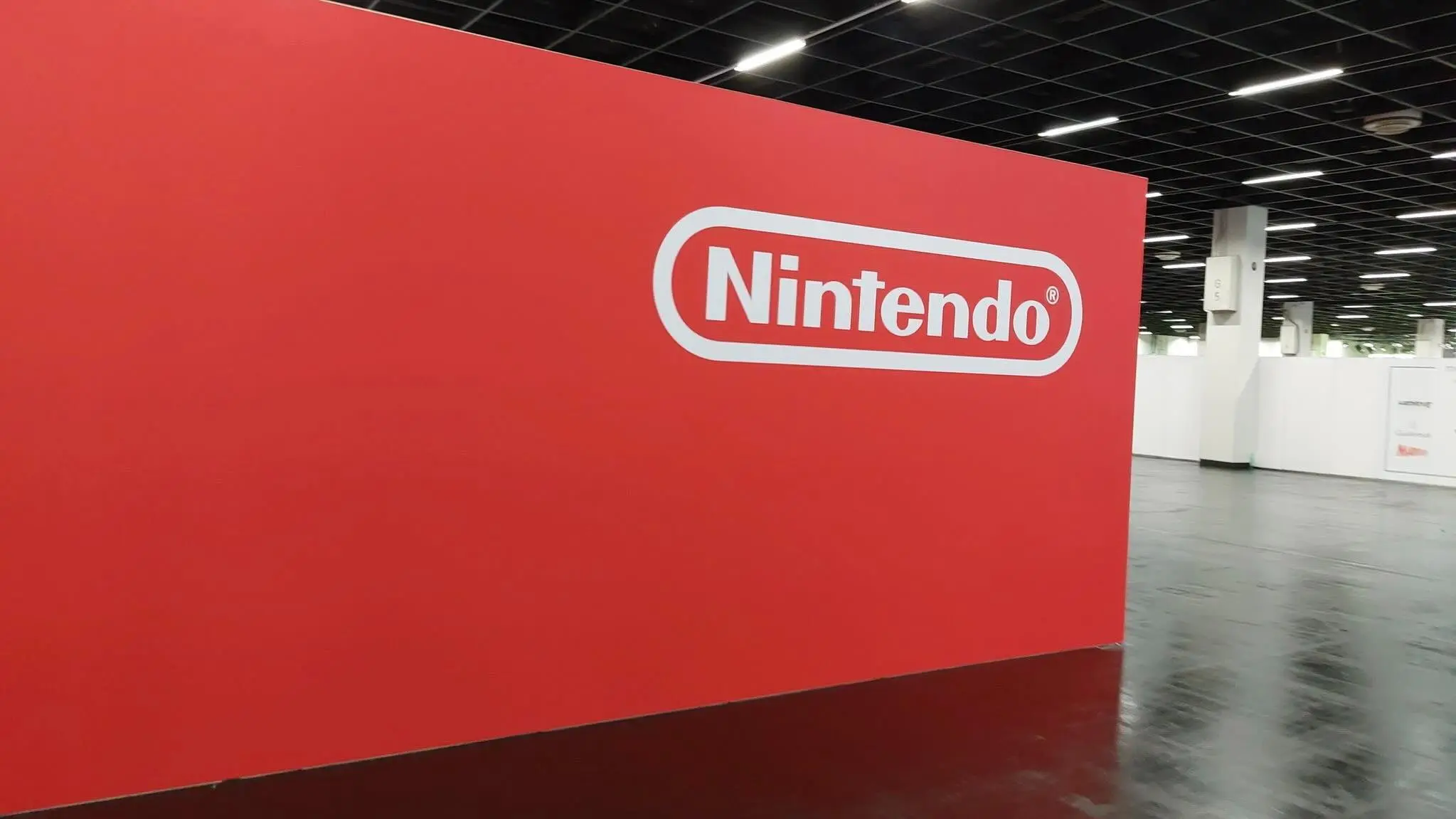In a groundbreaking move, Google has unveiled its latest range of laptops under the “Chromebook Plus” badge. These devices are not just about aesthetics or brand name; they promise a higher level of performance, backed by stringent hardware requirements and exclusive software features.
Key Highlights:
- Chromebook Plus devices to have minimum hardware requirements.
- Exclusive software and AI features for enhanced user experience.
- Eight new laptops with the Chromebook Plus branding to be released on October 8.
- Starting price for the new range is $399.
- Google promises double the performance compared to top-selling Chromebooks from the latter half of 2022.
Google’s introduction of the Chromebook Plus badge signifies a new era for ChromeOS devices. Laptops under this moniker will not only meet specific hardware requirements but will also be privy to exclusive software and AI features. This move is in line with Google’s commitment to ensuring a superior level of performance for its users.
The hardware specifications for these devices are nothing short of impressive. They boast an Intel Core i3 12th Gen or AMD Ryzen 3 7000-series processor, a minimum of 8GB RAM, 128GB storage, a 1080p IPS display, and a 1080p resolution webcam equipped with temporal noise reduction. Some existing Chromebooks already meet these requirements, and their owners can expect an upgrade to the Chromebook Plus software experience in the coming weeks.
Exclusive Software Features:
The software suite that comes with the Chromebook Plus is designed to enhance the user experience. It includes AI-powered tools like Google Photos’ Magic Eraser and other advanced editing features. Users can also expect an HDR effect that amplifies brightness and contrast, and the ability to add a portrait blur to existing photos. Additionally, the devices can utilize AI to enhance image clarity and lighting during video calls, irrespective of the app in use.
Another noteworthy feature is the file sync, which automatically downloads Google Workspace files to the device’s local storage, allowing offline access. This is a primary reason for the 128GB storage requirement for Chromebook Plus devices.
Future Updates and Enhancements:
Google has plans in the pipeline to further enhance the Chromebook Plus experience. Users can look forward to dynamic desktop wallpapers that change throughout the day. There’s also talk of generative AI wallpapers, allowing users to customize their backgrounds based on specific prompts. For instance, one could input “cats in the style of Van Gogh” and get a unique, AI-generated wallpaper.
The New Chromebook Plus Lineup:
Several new devices bearing the Chromebook Plus badge are set to hit the market. These include offerings from Acer, ASUS, HP, and Lenovo, with prices starting at $399. Each device comes with its unique set of features, catering to a diverse range of user needs.
In Conclusion:
The Chromebook Plus initiative by Google is a significant step towards simplifying the laptop buying experience. By setting clear hardware standards and offering exclusive software features, Google aims to differentiate premium Chromebooks from entry-level ones. While there’s a clear marketing angle, the move is bound to benefit consumers, especially those who seek clarity amidst the often confusing world of tech specifications. The future looks promising for Chromebook enthusiasts, and it’s exciting to see what further innovations Google has in store.


















